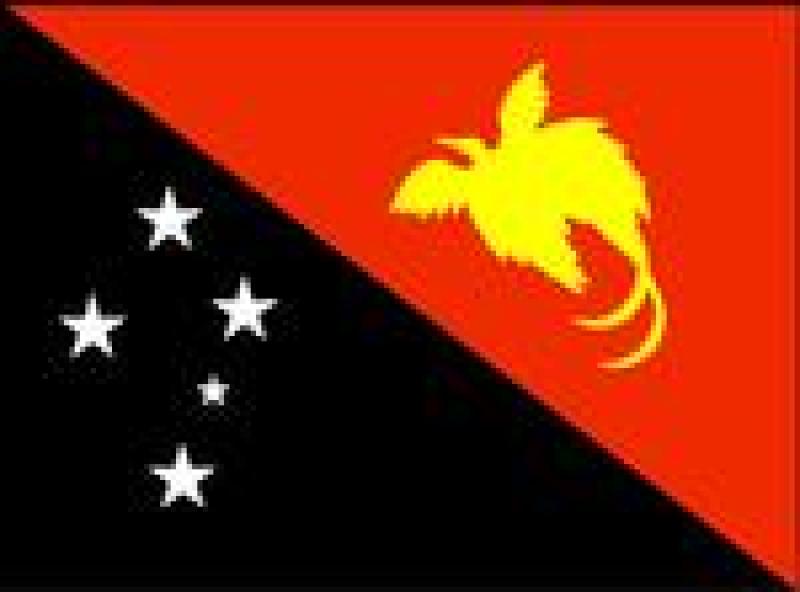

Port Moresby, PNG - The Papua New Guinea UN Country Fund received an allocation of $1.3m from the EFW in 2010. Following the allocation, 13 funding proposals (“Requests for Funds”) were submitted by the programmatic Task Teams and one by the UN Communication Committee, amounting to more
Port Moresby, PNG - The Papua New Guinea UN Country Fund received an allocation of $1.3m from the EFW in 2010. Following the allocation, 13 funding proposals (“Requests for Funds”) were submitted by the programmatic Task Teams and one by the UN Communication Committee, amounting to more than $2.5m. The UN Country Team (UNCT) consequently tasked the recently formed UN Budget Allocation Committee to prepare an overview of all the funding requests and advise the UNCT on allocation criteria.
The Allocation Committee proposed a two-step approach: firstly, applying a percentage-rule to reflect the availability of resources (50 % of the total requested amount), and secondly, by applying a ‘results-ratio’. With this ‘results-ratio’, the Committee reviewed the funding requests and ranked each proposal against 22 allocation criteria divided into three categories: eligibility, performance and priority. The total number of points for each request was then translated into a percentage of the maximum points attainable: Advised resource allocation = requested amount x 50% of available resource ratio x 86% of results-ratio)
The proposed allocation formula of the UN Budget Allocation Committee and un-allocated funds were used to support two priority initiatives: the MDG Campaign and the work of the UN Communication Committee. The allocation decisions were submitted to the MDTF Office in mid-April, as the Administrative Agent of the PNG UN Country Fund, and transfers have been made to Participating UN Organizations including OHCHR, UNDP, UNFPA, UNICEF, UNIFEM and WHO.
This second round of allocations generated a number of lessons for the Task Teams, the UN Budget Allocation Committee and the UN Country Team, and recommendations were made for follow-up by each of these teams. For instance, it is expected that by the next allocation round, the format for the Request for Funds will have an expanded Guidance Note, the UN Budget Allocation Committee will have reviewed the above formula to ensure that ambitious budgeting is not rewarded and, lastly, some of the allocation criteria will have been re-discussed.